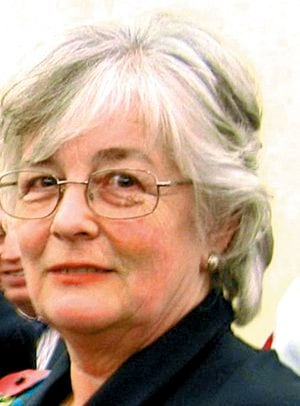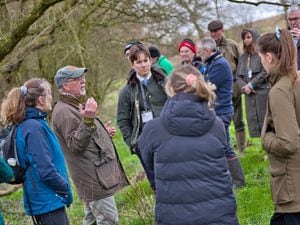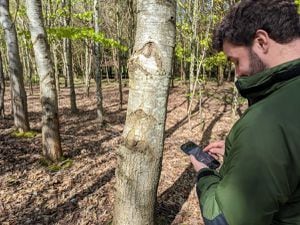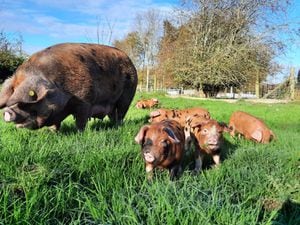Badger cull controversy is not black and white
There's controversy again regarding cull versus vaccination of badgers, because of the recent decision to expand the cull to counties surrounding Shropshire.

Environment Minister George Eustice thinks the cull is important in the eradication of bTB, but John Hughes of Shropshire Wildlife Trust is unhappy about it.
Mr Hughes, would appear to prefer vaccination, and worries that extending this cull will drive badgers into Shropshire. He may well be right.
The Badger Trust believes TB is not a problem in badgers – to quote their website "Most badgers are healthy" – and that infected badgers don't always die. If this is the case, the spread of them into Shropshire shouldn't be a problem.
The other ongoing argument is the cost of culling versus vaccination. Statistics from the Welsh government state that "the costs of the trapping, blood tests and post-mortem examinations came to £76,622 for each badger killed because, of 37 badgers trapped and tested, five were positive and culled."
Surely the cost should be spread over all the badgers caught and tested and not just accredited to the ones culled? But it is an astronomical cost for 37 badgers however you look at it.
The Welsh government spokesman also said "once the animal is dead the TB organism does not grow easily in the laboratory, so its absence post-mortem did not necessarily mean the animal did not have TB".
A lot of nots. That means that the badger could have had TB but there is no way of knowing because the organism "dies" with the badger. Therefore there is no sure way of knowing an infected badger, so why is all this money being spent on testing? .
As we know, if the carbon monoxide alarm in our home fails and there is a leak, we will fall asleep – forever, if nobody wakes us. This method was suggested several years ago but under the heading of "gassing," which caused a furore because previous gassings had used cyanide. A painful and inhumane death. So carbon monoxide was rejected, although it could be an alternative to shooting or vaccinating, and could be done to specific setts in areas where bTB is critical.
Vaccinated cattle are not acceptable in the EU because the antibodies they carry are indistinguishable from live organisms. The EU is much more realistic about eradicating the disease than we are and bans imports of vaccinated breeding cattle until this can be solved. Politics again!
So the arguments will rage, and who will prevail? Let's hope it is those who have the long term good of the countryside in their sights.
Rosemary Allen is a retired livestock farmer living near Ellesmere





